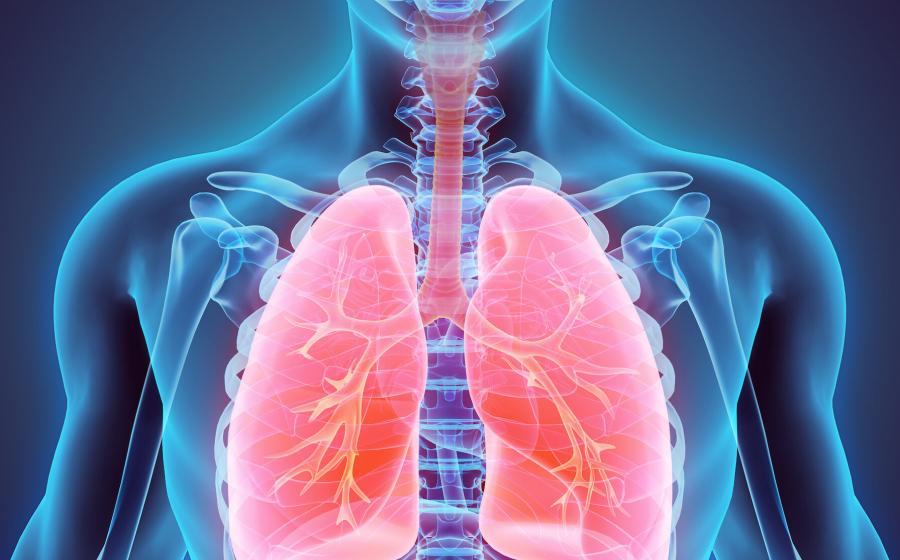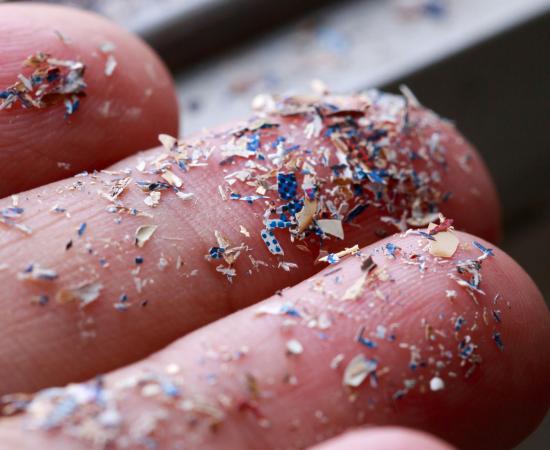Bits of plastic dust have been floating around our environment for as long as humans have been using plastic, but scientists have only recently started investigating how these particles may affect our health. Microplastics are by definition smaller than a pencil eraser, so humans and animals may inhale or ingest them without knowing.
Past studies have identified microplastics in human stool and autopsy samples, but this is the first time scientists have discovered plastic particles lodged in the lungs of living patients.





